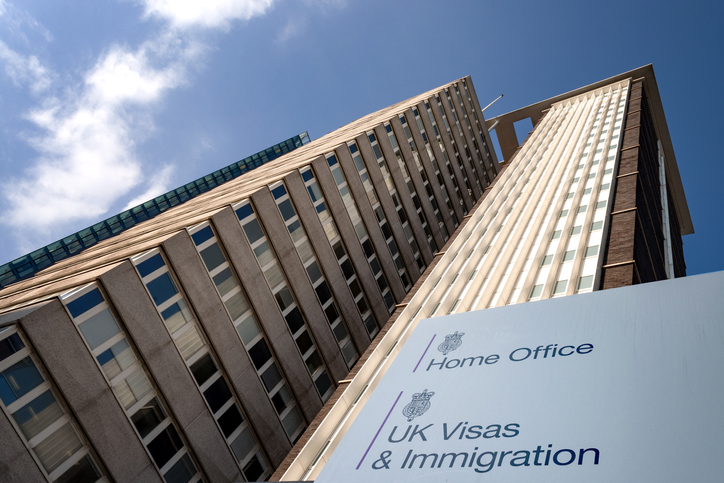Statement of Changes to the Immigration Rules October 2022
The statement of changes to the immigration rules published on 18 October 2022 aims to simplify the current rules and implement policy changes, including in relation to migrants fleeing Afghanistan and those who are victims of human trafficking.
Victims of trafficking:
Victims of human trafficking or slavery and their children are, from 30 January 2023, eligible for temporary permission to stay in the UK. Although this is not a route to settlement, this will offer victims assistance in their recovery from any physical or psychological harm, enabling them to seek compensation and/or to co-operate with public authorities on investigations or criminal proceedings in respect of the relevant exploitation.
Seasonal Workers in the poultry and horticulture sector:
As of 1 November 2021, pork butchers can come to the UK as Seasonal Workers for up to six months. This route has now been expanded, as of 18 October 2022, to include all roles in the horticulture and poultry production sectors. These workers can enter as Seasonal Workers from 18 October to 31 December each year, provided they have a yearly salary of at least £25,600 (which ensures they can apply to switch to a Skilled Worker visa). This change is intended to support these sectors during the run up to Christmas and should hopefully mean plenty of turkeys and Christmas trees to go around!
Afghan Relocations and Assistance Policy:
This policy is available for Afghan citizens and their dependent family members, who wish to relocate to or settle in the UK, coming into effect on 30 November 2022. Applicants must meet the Ministry of Defence’s eligibility requirements. This route also marks the closure of the previous ex-gratia scheme, ending on the 30 November 2022.
Hong Kong British National (Overseas):
There are two Hong Kong British National (Overseas) routes – the BN(O) Status Holder route and the BN(O) Household Member route, both of which allow work and study in the UK and act as routes to settlement. Children of BN(O) status holders can now apply to this route independently and are not required to form part of their parents’ household or apply at the same time as them.
Trade, diplomacy and tourism:
Those from Colombia, Guyana and Peru no longer need a visa to visit the UK and are being made non-visa nationals. The Home Office has identified these countries as having a decreased risk of immigration abuse and criminality and it is suggested that there are potential rewards for making this change such as improved trade, diplomatic relations and tourism.
Additionally, permanent residents of Australia and New Zealand can qualify under the Service Supplier route if their services are covered by the free trade agreements with those countries. Australian nationals and permanent residents providing services under the free trade agreement with Australia can stay for up to 12 months at a time. These changes are required, due to the commitments the UK has made in those free trade agreements.
Travel bans and entry clearance:
The old process has been simplified, allowing caseworkers to give effect to travel bans imposed by the UN Security Council or the UK Government. Entry clearance may be cancelled, on the grounds that the person’s presence in the UK is not conducive to the public good. Individuals seeking humanitarian protection, but who lack entry clearance, may be admitted to the UK, but will then be detained or granted bail pending the consideration of an application.
Other key changes:
- Individuals on a Standard Visitor visa or the Permitted Paid Engagement route can no longer switch into the Temporary Work – Creative Worker route, due to this being incompatible with the requirements of the Visitor routes.
- Midwifery students studying degree level equivalent courses overseas may come to the UK on a Visitor visa to undertake electives with a UK higher education provider, providing these are unpaid and involve no treatment of patients.
- The police registration scheme has been abolished, meaning that there is no longer a requirement for individuals of certain nationalities to register with the police – you can read more about this below.
- In relation to the Appendix Continuous Residence, those with a period of detention for 12 months or less will not have broken their continuous residence during their 10-year qualifying period, although it does not count towards their period of continuous residence.
FSP can advise you on all aspects of immigration and will keep you up to date with the latest developments from the Home Office.
If you require our assistance with an immigration matter, please contact our Head of Immigration, Imelda Reddington, at [email protected]

